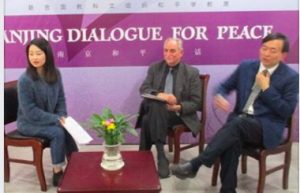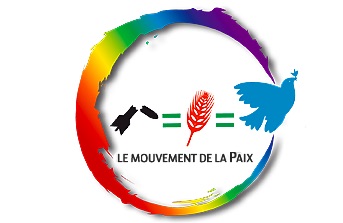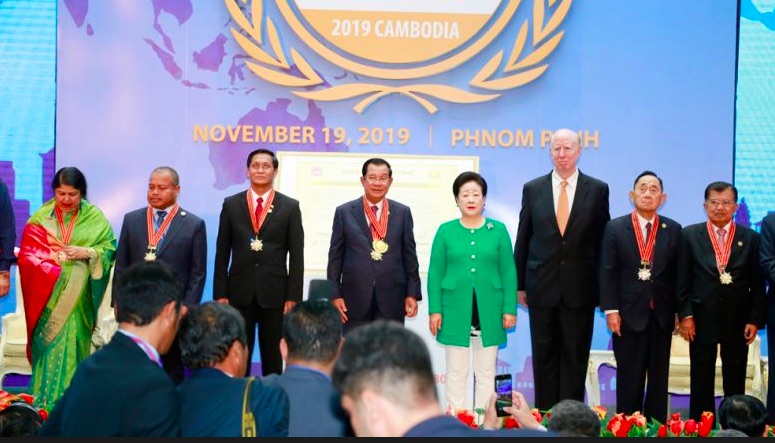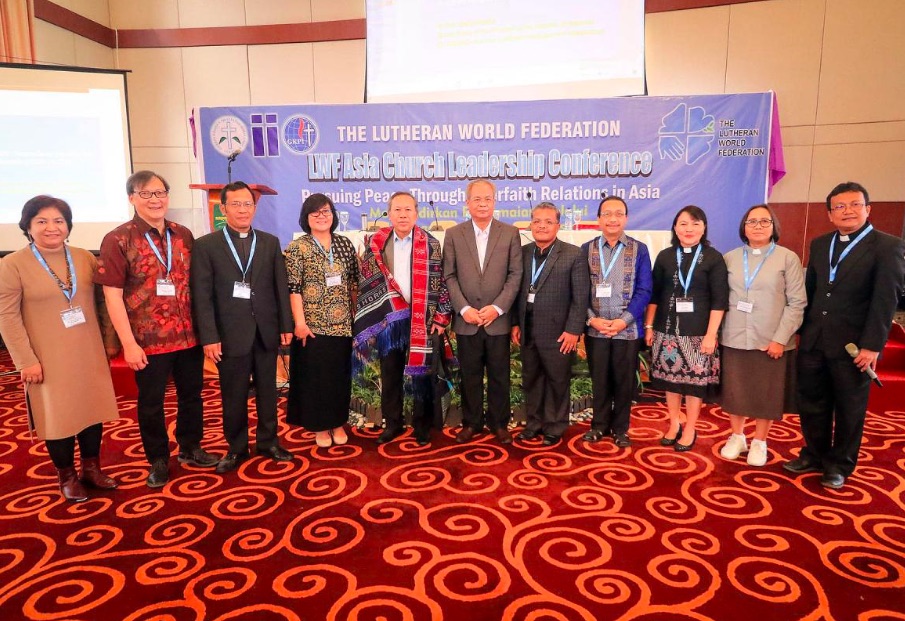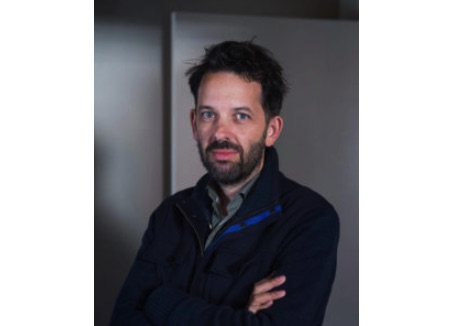… . HUMAN RIGHTS … .
An article from Amnesty International
A wave of youth-led protests across Asia is defying escalating repression and a continent-wide crackdown on freedom of expression and peaceful assembly, Amnesty International said today as it published its annual report on human rights in the region.

‘Human Rights in Asia-Pacific: A review of 2019’, which includes a detailed analysis of human rights developments in 25 countries and territories, describes how a new generation of activists are fighting back against brutal crackdowns on dissent, poisonous social media operations and widespread political censorship.
“2019 was a year of repression in Asia, but also of resistance. As governments across the continent attempt to uproot fundamental freedoms, people are fighting back – and young people are at the forefront of the struggle,” said Nicholas Bequelin, Amnesty International’s Regional Director for East and South-East Asia and the Pacific.
“From students in Hong Kong leading a mass movement against growing Chinese encroachment, to students in India protesting against anti-Muslim policies; from Thailand’s young voters flocking to a new opposition party to Taiwan’s pro LGBTI-equality demonstrators. Online and offline, youth-led popular protests are challenging the established order.”
Hong Kong’s defiance echoes across the world
China and India, Asia’s two largest powers, set the tone for repression across the region with their overt rejection of human rights. Beijing’s backing of an Extradition Bill for Hong Kong, giving the local government the power to extradite suspects to the mainland, ignited mass protests in the territory on an unprecedented scale.
Since June, Hong Kongers have regularly taken to the streets to demand accountability in the face of abusive policing tactics that have included the wanton use of tear gas, arbitrary arrests, physical assaults and abuses in detention. This struggle against the established order has been repeated all over the continent.
In India, millions decried a new law that discriminates against Muslims in a swell of peaceful demonstrations. In Indonesia, people rallied against parliament’s enactment of several laws that threatened public freedoms. In Afghanistan, marchers risked their safety to demand an end to the country’s long-running conflict. In Pakistan, the non-violent Pashtun Tahaffuz Movement defied state repression to mobilize against enforced disappearances and extrajudicial executions.
Dissent met with crackdown
Peaceful protests and dissent were frequently met with retribution by the authorities.
Protesters faced arrest and jail in Vietnam, Laos, Cambodia and Thailand as repressive governments across South-East Asia took severe steps to silence their opponents and muzzle the media.
In Indonesia, several people were killed as police clamped down on protests with excessive force. Yet few steps were taken to hold anyone to account for the deaths; no police were arrested nor were any suspects identified.
In Pakistan and Bangladesh, activists and journalists alike were targeted by draconian laws that restrict freedom of expression and punish dissent online.
(Article continued in right column)
(Click here for a Spanish version of this article or here for a French version.)
What is the state of human rights in the world today?
(Article continued from left column)
And in Hong Kong, police deployed reckless and indiscriminate tactics to quell peaceful protests, including torture in detention. Demands for a proper investigation into the conduct of the security forces have yet to be met.
“The authorities’ attempts to crush any form of criticism and suppress freedom of expression were as ruthless as they were predictable, with those daring to speak out against repressive governments often paying a high price,” said Biraj Patnaik, South Asia Director.
“Asians are told their aspirations for fairer societies are fantasies; that economic disparities can’t be addressed; that global warming is inexorable and natural catastrophes unavoidable. Most emphatically of all, they are told that challenging this narrative will not be tolerated,” said Biraj Patnaik.
Minorities feel the weight of intolerant nationalism
In India and China, the mere risk of insubordination in nominally autonomous areas has been enough to trigger the full force of the state, with minorities conveniently deemed a threat to “national security.”
In the Chinese province of Xinjiang, up to a million Uyghurs and other predominantly Muslim ethnic minorities have been forcibly detained in “de-radicalization” camps.
Kashmir, India’s only Muslim-majority state, saw its special autonomous status revoked as authorities imposed a curfew, cut access to all communications and detained political leaders.
In Sri Lanka, where anti-Muslim violence erupted in the wake of the Easter Sunday bombings, the election of President Gotabaya Rajapaksa dimmed hopes of human rights progress. Another self-styled strongman, Philippine President Rodrigo Duterte, continued his murderous “war on drugs.”
Governments have tried to justify repression by demonizing their critics as pawns of “foreign forces” and to bolster that repression through sophisticated social media operations. Neither ASEAN nor SAARC, the two main regional bodies, tried to hold their members to account, even in the case of gross human rights violations.
It has been left to the International Criminal Court to investigate crimes against humanity committed by the Myanmar military in Rakhine State against the Rohingya in 2017. The court is also looking into the thousands of killings carried out by police in the Philippines, and hearing an appeal on its decision not to authorize an investigation into war crimes and crimes against humanity in Afghanistan.
Meanwhile, Australia’s egregious offshore detention policies left refugees and asylum-seekers languishing in deteriorating physical and mental condition on the Pacific islands of Nauru and Manus, Papua New Guinea.
Progress against the odds
People speaking out against these atrocities were routinely punished, but their standing up made a difference. There were many examples where efforts to achieve human rights progress in Asia paid off.
In Taiwan, same-sex marriage became legal following tireless campaigning by activists. In Sri Lanka, lawyers and activists successfully campaigned against the resumption of executions.
Brunei was forced to backtrack on enforcing laws to make adultery and sex between men punishable by stoning, while former Malaysian prime minister Najib Razak took the stand on corruption charges for the first time.
The Pakistani government pledged to tackle climate change and air pollution, and two women were appointed as judges on the Maldivian Supreme Court for the first time.
And in Hong Kong, the power of protest forced the government to withdraw the Extradition Bill. Yet, with no accountability for months of abuses against demonstrators, the fight goes on.
“Protesters across Asia in 2019 were bloodied, but not broken. They were stifled, but not silenced. And together, they sent a message of defiance to the governments who continue to violate human rights in pursuit of tightening their grip on power,” said Nicholas Bequelin.

